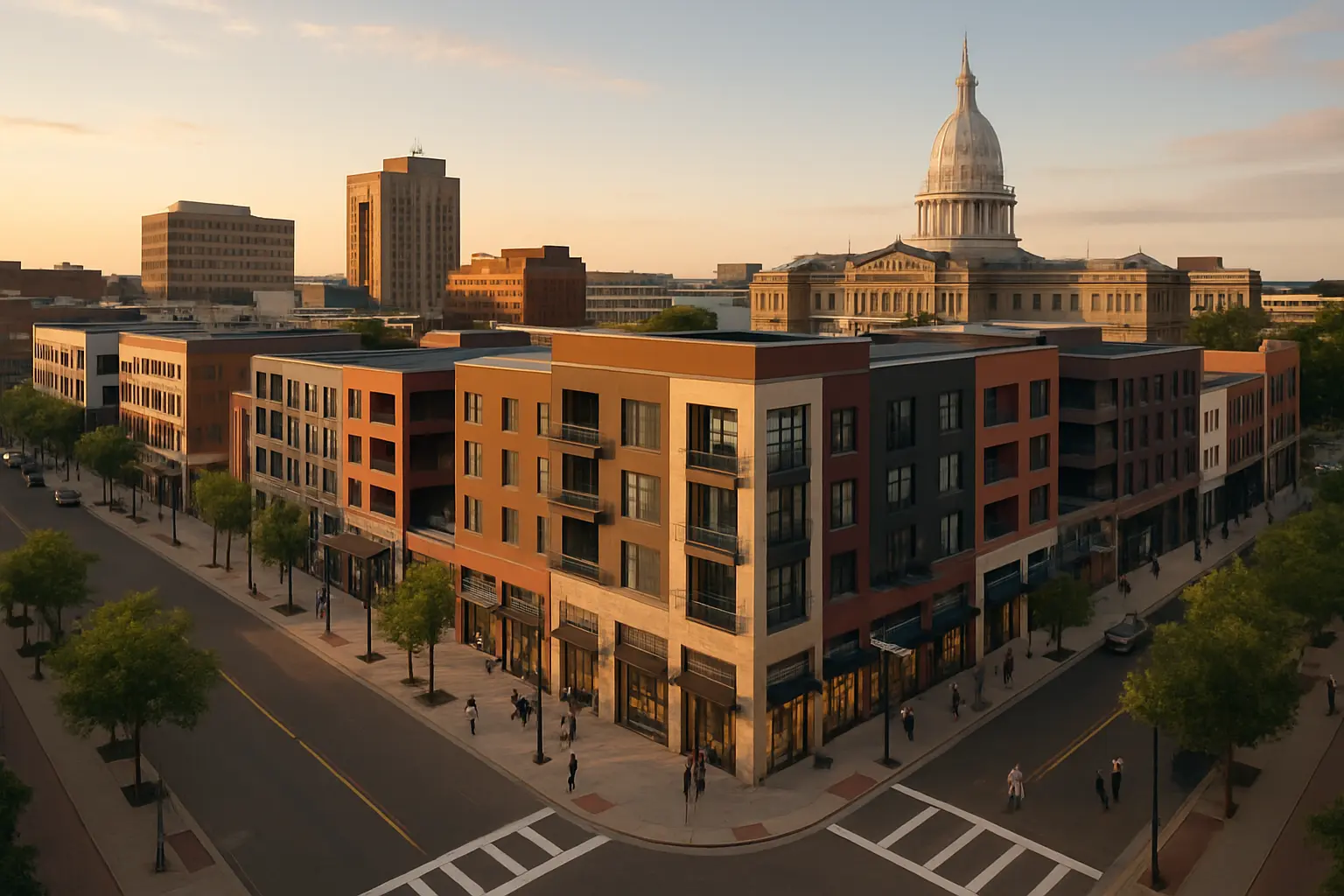Lansing's Business Districts: Where Commercial and Residential Opportunities Converge
Discover how Lansing's unique neighborhood dynamics create perfect investment opportunities for both business owners and homebuyers.

The Evolving Landscape of Lansing's Mixed-Use Developments
Lansing's urban fabric is undergoing a remarkable transformation as mixed-use developments reshape the city's traditional neighborhoods. These innovative spaces are creating exciting opportunities where commerce and community life intersect, offering unique advantages for both business owners and residents.
The capital city's commitment to smart growth has resulted in vibrant districts where retail spaces, offices, and residential properties coexist in harmony, fostering a dynamic environment that benefits all stakeholders.
Strategic Locations: Key Business Corridors and Their Communities
Michigan Avenue Corridor
- Direct connection between the Capitol Complex and Michigan State University
- Growing entertainment district with residential developments
- Strong foot traffic and public transportation access
Old Town District
- Historic architecture meets modern amenities
- Thriving arts and culture scene
- Boutique retail spaces with upper-level housing
REO Town
- Emerging creative district with unique character
- Affordable commercial and residential spaces
- Growing food and beverage scene
Investment Potential: Commercial-Residential Synergy
The integration of business districts with residential areas creates a powerful economic ecosystem. Property values in these mixed-use zones have shown remarkable resilience and growth potential, driven by several key factors:
- Walkability Premium: Properties in walkable business districts command higher values
- Lifestyle Appeal: Young professionals and empty nesters seek live-work-play environments
- Business Sustainability: Built-in customer base from residential proximity
Investment in Lansing's mixed-use districts isn't just about property acquisition—it's about becoming part of a community poised for growth.
Making Informed Decisions in Lansing's Market
Success in Lansing's real estate market requires understanding the unique characteristics of each district:
Key Considerations for Investors
- Research zoning regulations and future development plans
- Evaluate neighborhood-specific market trends
- Consider the impact of anchor institutions
- Assess infrastructure improvements and public investments
The convergence of commercial and residential spaces in Lansing creates opportunities for various investment strategies, from mixed-use development projects to single-property investments in strategically located neighborhoods.
Looking Forward
Lansing's business districts continue to evolve, offering exciting possibilities for investors who understand the value of integrated commercial-residential spaces. The city's commitment to sustainable urban development, combined with strong economic fundamentals, positions these areas for continued growth and success.


